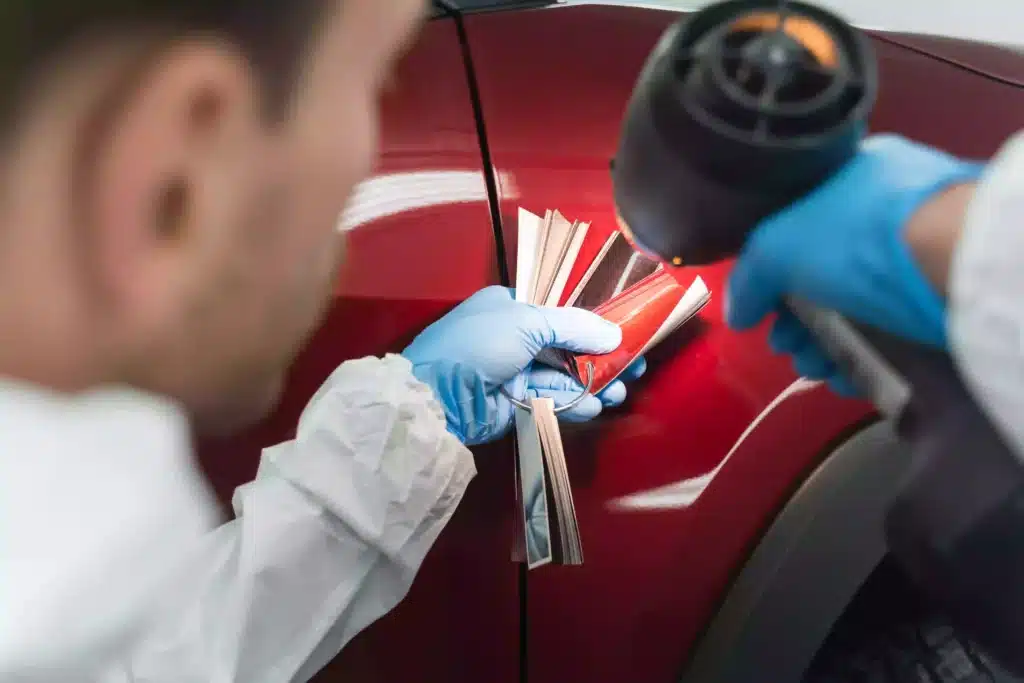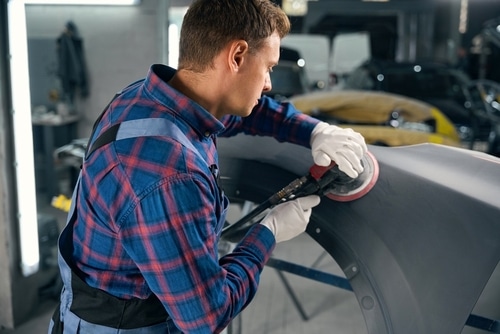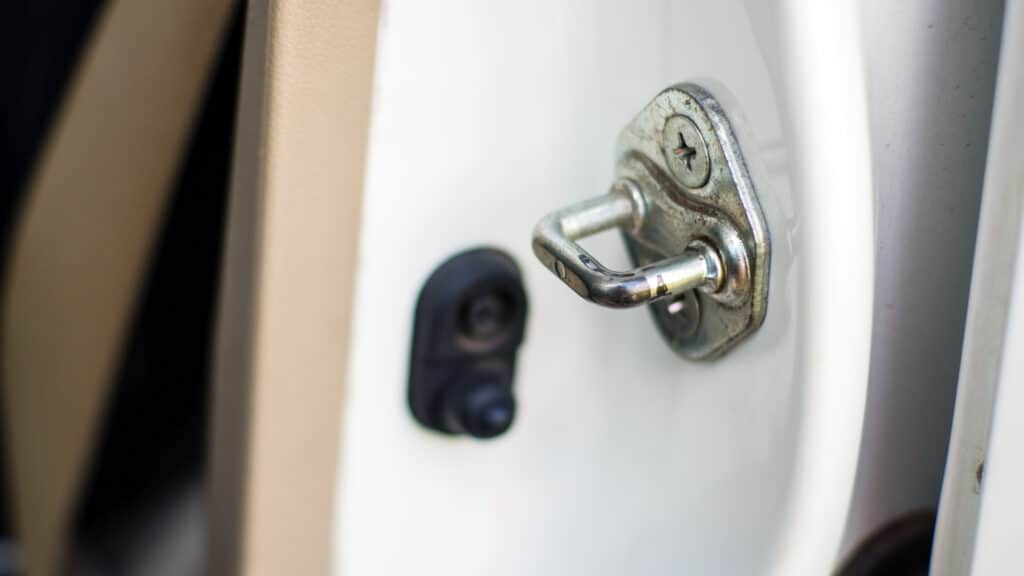If you upgrade your car by adding an aftermarket safety device or reupholstering the interior and later discover that your car has a major defect, you may ask: Will a modification have an impact on my ability to recover under the lemon law?
In many cases, drivers with modified vehicles still qualify under California’s robust consumer laws. Modifications may complicate your case, though, so you may wish to seek legal help. Lemon Law Help has helped thousands of drivers recover the money they’re owed for defective vehicles.
Table of Contents
Do Modifications Void Lemon Law Claims?
Modifications do not automatically void a lemon law claim in California. Because lemon law cases focus on manufacturer defects, not post-sale changes, you may still qualify. However, manufacturers often argue that a modification caused or contributed to the problem, which can complicate your claim.
Lemon laws require manufacturers to either replace a defective car or refund you for your purchase. In California, a car is presumed to be a lemon if within 18 months or 18,000 miles:
- The dealer has tried to repair the same problem four times without success.
- The vehicle has a serious safety defect that the dealer has tried to repair twice without success.
- The vehicle has been in the shop for 30 days or more.
If your vehicle doesn’t meet those conditions, it could still be a lemon, but proving your case may be more complicated.
In many cases, manufacturers will seek to invalidate your claim by linking your vehicle’s defect to modifications you made. You may need to show that these additions neither caused nor contributed to your car’s problems.
Some modifications are less risky than others. For instance, an aftermarket stereo system is low risk and unlikely to cause issues with a transmission defect claim. Modifications to the main systems of your car, such as an engine performance chip, are higher risk and could affect your lemon law claim.
What Really Matters for a Lemon Law Case
To qualify under California’s lemon law, your claim must be tied to a manufacturer defect—not to any modification you or a previous owner made. For example, a defect in your seat belts could support a lemon law claim, while a problem with an aftermarket stereo would not. Modifications that are unrelated to the defective system, especially cosmetic or comfort-focused upgrades, usually won’t affect your case.
The good news is that under California lemon law, the burden of proof typically falls on the manufacturer. That means that instead of you proving your car is a lemon, the manufacturer must show that the car is not a lemon. Lemon law also applies to leased cars and vehicles generally used for business.
Different guidelines apply if you purchased your car outside California, and the lemon law only applies to new and used vehicles that come with a new vehicle warranty.
Why You Need an Experienced Lemon Law Attorney From Our Firm
If your modified vehicle has a major defect, you may be entitled to compensation or a vehicle replacement under California law. Lemon Law Help by Knight Law Group has the resources to investigate your claim and fight for your rightful compensation. We’ve even taken cases to the California Supreme Court and won. Every day, we answer drivers’ questions and help them fight back against dealers and manufacturers.
Our aggressive strategies seek maximum compensation—we don’t like to leave money on the table or settle for less than a case is worth. We believe that every driver deserves the full protection of California’s lemon law.
If you’re wondering whether a vehicle modification could have an impact on your ability to recover under the lemon law, get a free, no-obligation consultation by calling us at our toll-free number 833-208-8181 or contacting us online.






